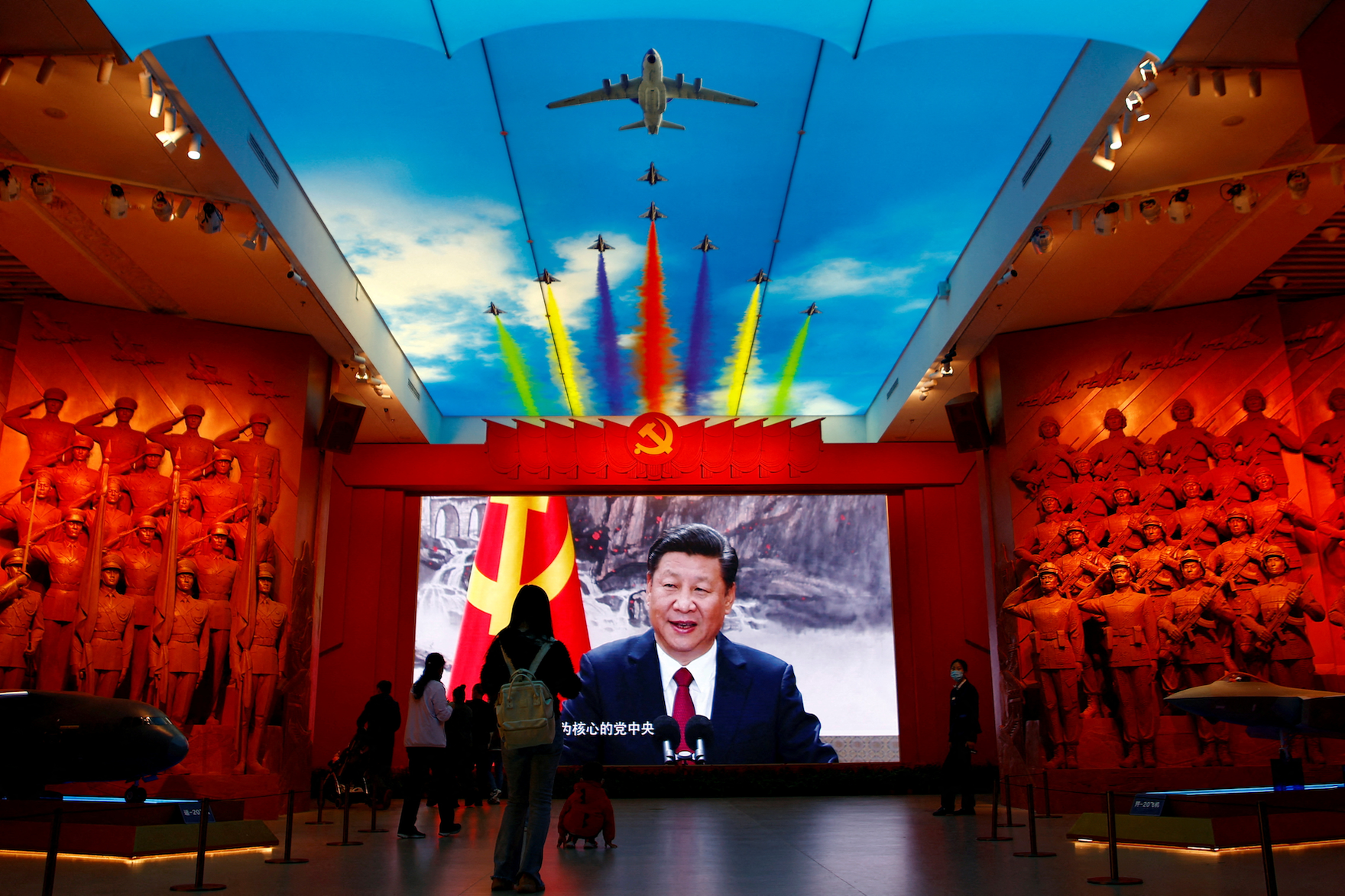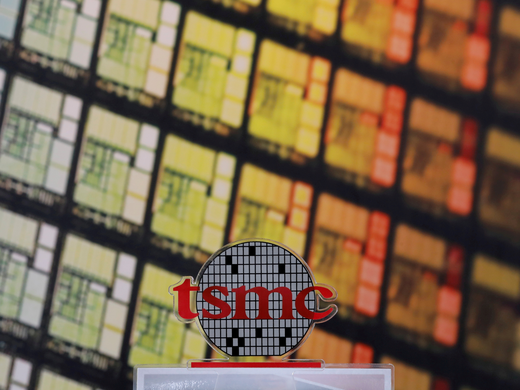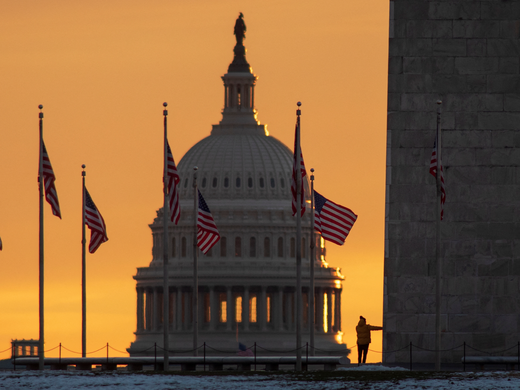At a time when the world must develop comprehensive and coordinated solutions to a range of existential crises, the global order is instead dividing into separate and distinct spheres of influence. No single event underscores this growing divergence more clearly than the Ukraine war. While the vast majority of Western democracies have consolidated around countering Russia, the war itself is increasingly viewed across the Global South as a “European problem.”
Indeed, as Brookings Senior Fellow Fiona Hill explains, perceptions of political instability in the West have begun driving a global revolt against the United States. In her view, resistance to US and European appeals for solidarity on Ukraine signal “a mutiny…against the collective West dominating the international discourse and foisting its problems on everyone else.”
According to a recent report from the Bennett Institute for Public Policy at the University of Cambridge, a “vast span of countries stretching from continental Eurasia to the north and west of Africa” are now moving closer to China and Russia and away from the United States.
In this new geopolitical environment, traditional systems of multilateral cooperation and negotiation are breaking down. Beyond the era of Western predominance, the world is now fragmenting as the authority of the United States declines. As Hill observes, Russia’s invasion of Ukraine signals the passing of Pax Americana and the emergence of a new period of global disorder.
China and the BRICS
According to a recent poll conducted by the European Council on Foreign Relations, most people both within and beyond the West now believe that the US-led liberal order is passing away. Even as the Ukraine war has consolidated support for US leadership across the Global North, it has accelerated a loss of confidence in US-led institutions across the Global South. No country is more pivotal to this shift than China.
Among the 1.2 billion people who inhabit the world’s liberal democracies, the University of Cambridge report shows, 75 percent now hold a negative view of China, while 87 percent hold a negative view of Russia. However, for the 6.3 billion people who live in the rest of the world, the picture is reversed. Across the Global South, 70 percent feel positively toward China, and 66 percent feel positively toward Russia. Together with the rising influence of the BRICS group of nations (Brazil, Russia, India, China, South Africa), this growing North-South divide is accelerating a shift to a multipolar order.
Translating its economic clout into geopolitical influence, China has become the keystone of the BRICS bloc. But China is not alone. Constituting 41 percent of the world’s population and roughly one-quarter of global GDP, the BRICS bloc is in the process of expanding to include applicants from some 19 countries. These include Algeria, Argentina, Bahrain, Egypt, Indonesia, Iran, Mexico, Nigeria, Saudi Arabia, Syria and the United Arab Emirates.
The Multipolar World
For all these reasons, there is little doubt that the war in Ukraine is a turning point in world history. However, for observers in the Global South, the war is largely viewed through the prism of US hegemony. As Hill notes, “Perceptions of American hubris and hypocrisy are widespread. Trust in the international system(s) that the U.S. helped invent and has presided over since World War II is long gone.” After two decades of bloody military interventions across the Middle East, the United States has lost much of its moral credibility.
Perhaps the most challenging feature of this changing geopolitical landscape is the collapse of the West’s monopoly on the global media. Where US President Joe Biden has framed the war in Ukraine as a struggle between democracy and autocracy, social media and the internet have undermined the credibility of Western media across the Global South. Throughout China, India, Türkiye and Russia, most people now believe that the West has become one geostrategic pole among many.
Indeed, China’s recently brokered rapprochement between Iran and Saudi Arabia is increasingly viewed as a feature of a rising Asian system. As geopolitical strategist Parag Khanna explains, Asia is knitting itself back together, recovering the patterns of commerce and cultural exchange that thrived long before European colonialism and American predominance. In contrast to views broadly held in the United States, most countries in the Global South do not see China as a direct military or security threat. Rather, China is now a leading source of foreign direct investment and commercial trade.
What seems clear is that the global order (political, economic and military) will no longer be framed in terms of US unipolar primacy. As a recent article in The National Interest makes clear, a “post-Western, multipolar international order is coming to pass.” Indeed, even as the Global North has decoupled from Russia and seeks to “de-risk” from China, the Global South is becoming increasingly aligned around the potential development of a BRICS-based trading system. Bridging the institutional divide between the old order, and the rise of a new one, will be critical to avoiding a global crisis.



